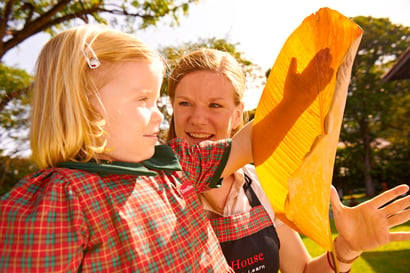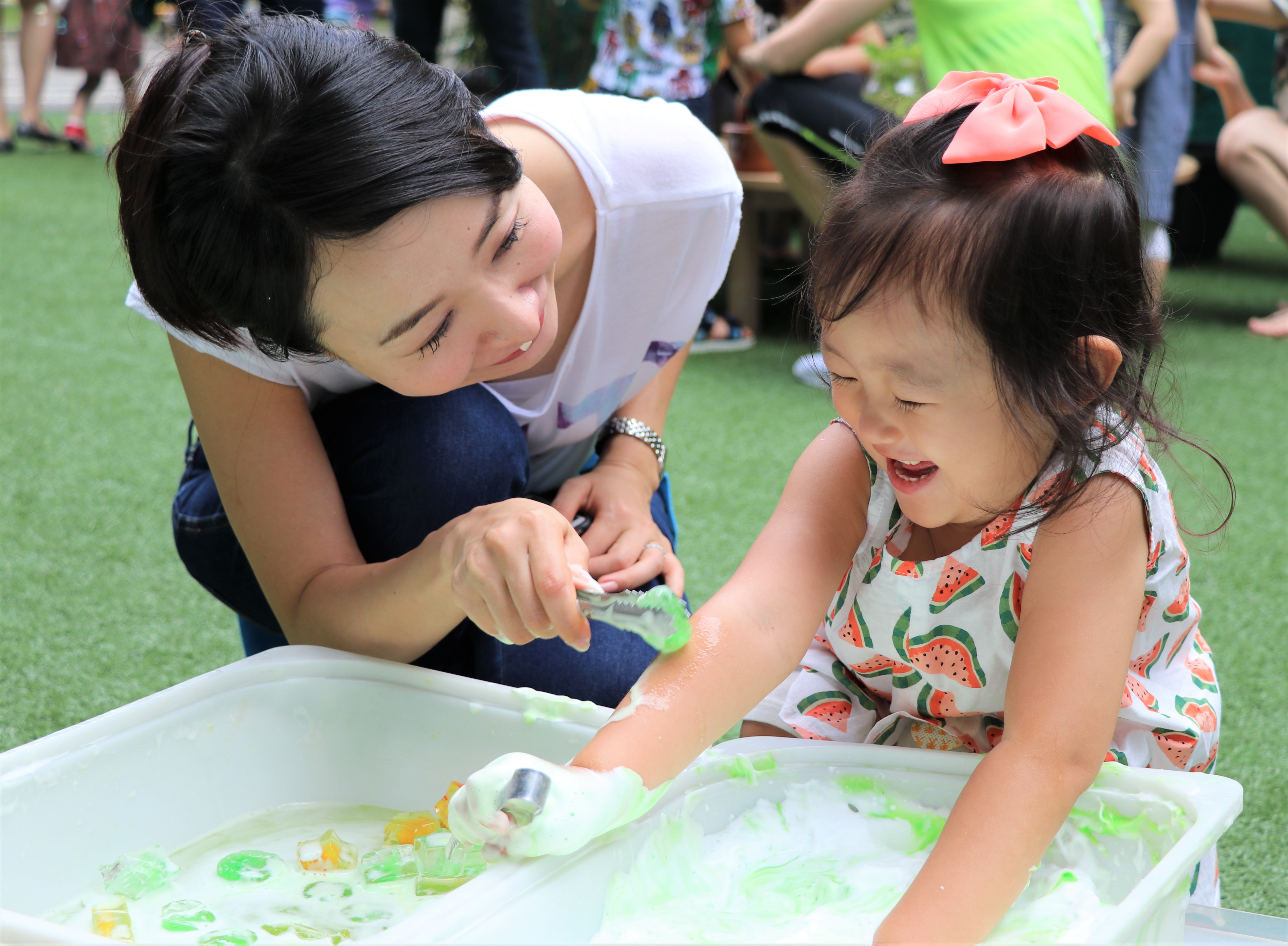-1.png)
EtonHouse Singapore
Most bullies, when asked why they bully, say it's because they have been bullied before and think it is how things are done. They generally do not feel much remorse or guilt when they indulge in this
Bullies often feel that the other child deserved the bad treatment because of something they had said or done. Occasionally, becoming a bully is because of peer pressure, to 'belong' to a group or go with the flow when it is acceptable behaviour amongst peers. They also tend to pick on the 'weaker' ones and this gives them a sense of power and control.
How can you as a parent deal with bullying? Read on for 8 tips!

1. Be good role models.
You need to make sure that those who interact with your child are good role models too.
2. Be respectful of people and their differences.
If your child hears you comment on someone else's appearance, she will think it is okay to do it. Next time you are tempted to label someone else 'naughty', 'fat' or 'stupid', pause for a moment and imagine what it would be like to have to defend that same behaviour in your child. Imagine sitting across from another parent and having to explain why your child called their child 'fat' or 'stupid'.
3. Share strategies with your child on how to react to bullying.
Discuss non-violent ways of responding to a bully, like walking away and playing with other friends. Remember to also emphasise the importance of talking it out and sharing such instances with you.
4. Encourage your child to stand up for what she believes in.
Encourage freedom of thought and expression at home.
5. Speak to your child's teacher.
You can also speak to the head of the school if required, to understand how to address a situation where a child is bullying yours. It is best not to speak to the parent of the other child directly.
It is best not to speak to the parent of the other child directly.

6. Compliment your child on her positive behaviour.
Build her self-esteem to model good behaviour.
7. Have conversations with your child on a daily basis about what happened in school.
Very often, you may get monosyllables as a response - 'fine', 'nothing', 'the same' etc. Use creative questioning strategies such as 'If a spaceship were to come to your school and take someone away, who do you think it should be?' or 'What was the best part of your day?' or 'If there was anything that you'd like to change about your school, what would it be?'
8. Be vigilant and watch out for signs of interpersonal difficulties.
Interpersonal difficulties include loss of friends, poor grades, lack of concentration or interest in activities that were previously popular with your child, reluctance to go to school, or difficult-to-explain injuries.
It is difficult for parents to believe that their child is a bully. However, if this happens, it is important to remember that this behaviour can be unlearned. If your child is overly aggressive, often fights with siblings, is an arrogant winner or sore loser, it may be her way of dealing with anger, frustration or a sense of inadequacy. Talk to your child about these feelings, encourage instances of good behaviour, discuss with your child how such behaviour is not okay and that everyone should be treated with kindness and respect.

